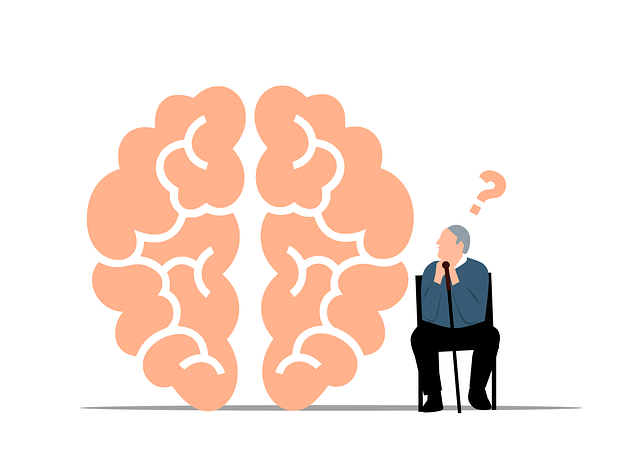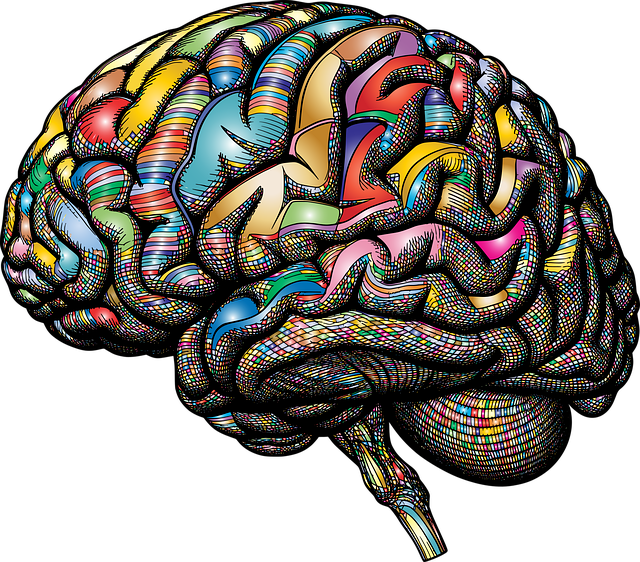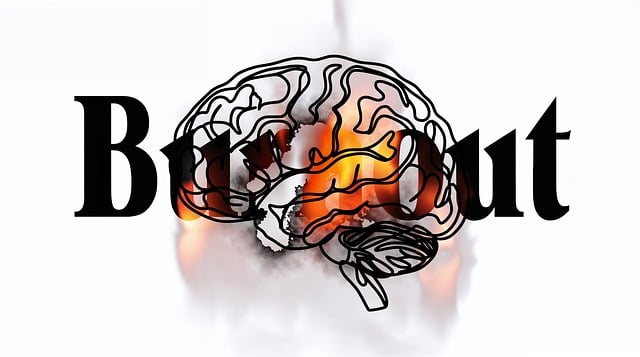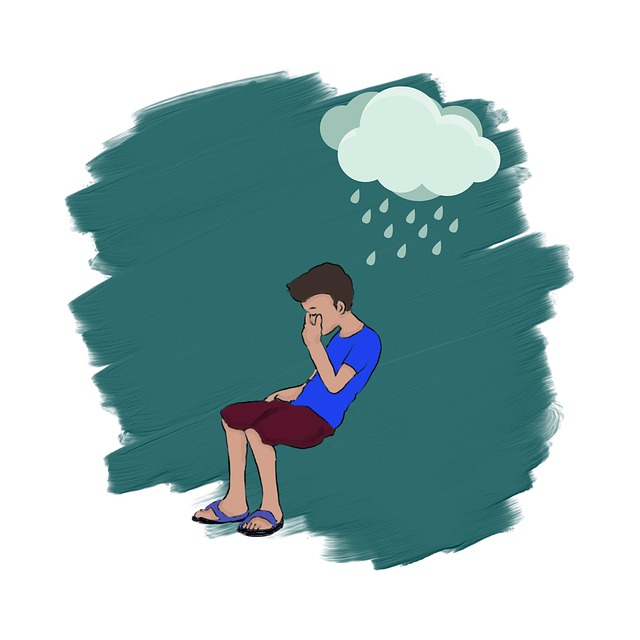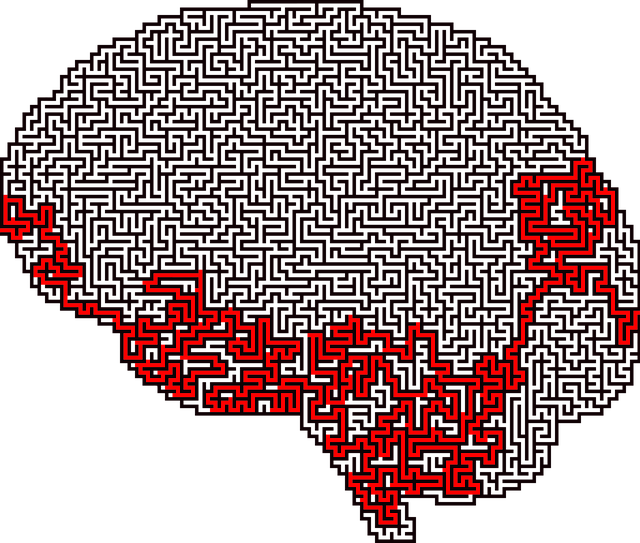Cultural sensitivity in Northglenn online therapy is key to accessible and effective mental health support. Therapists navigate diverse cultural backgrounds by tailoring approaches, making practices relatable, and deepening connections. Overcoming communication gaps and respecting differing beliefs enhances care, with workshops and campaigns promoting inclusivity. Personalized, culturally relevant methods empower clients, building resilience through tailored support and fostering open storytelling.
In today’s diverse society, cultural sensitivity is paramount in mental healthcare. The article explores this critical aspect, focusing on Northglenn Online Therapy as a leading example of accessible, culturally competent care. We delve into the challenges faced and present strategies to overcome barriers, ensuring inclusive practices. Understanding cultural nuances is essential for effective treatment, fostering trust, and improving outcomes. This guide aims to enhance mental healthcare’s reach and impact, especially in online platforms like Northglenn Online Therapy.
- Understanding Cultural Sensitivity in Mental Healthcare
- Challenges and Barriers in Northglenn Online Therapy
- Strategies for Culturally Competent Practice
Understanding Cultural Sensitivity in Mental Healthcare

Cultural sensitivity is a cornerstone in mental healthcare practice, ensuring that services are accessible and effective for individuals from diverse backgrounds. It involves recognizing and appreciating the unique cultural beliefs, values, and practices that shape one’s mental health experiences. In Northglenn, online therapy offers a unique opportunity to bridge cultural gaps by providing a convenient and confidential space for clients to seek support. Therapists who embrace cultural sensitivity tailor their approaches, ensuring that interventions align with the client’s cultural context.
This understanding is crucial when addressing mental health concerns, as certain cultural practices may influence how individuals express distress or respond to treatment. For example, mindfulness meditation, a popular stress reduction method, can be adapted to incorporate cultural elements, making it more relatable and engaging for clients from various backgrounds. Similarly, self-care routine development for better mental health is a universal concept but can be approached differently depending on one’s cultural traditions and beliefs. By integrating these considerations, Northglenn online therapy can foster a deeper connection between therapist and client, ultimately enhancing the therapeutic process.
Challenges and Barriers in Northglenn Online Therapy

In Northglenn, online therapy has emerged as a vital resource for mental health support, offering accessibility and convenience to individuals who may face challenges attending in-person sessions. However, providing culturally sensitive care presents unique barriers. The diverse community of Northglenn reflects various ethnic backgrounds, cultural practices, and language preferences, each bringing its own set of considerations into the therapeutic setting. Therapists must navigate these differences to ensure effective treatment, avoiding potential pitfalls such as unconscious biases or misunderstandings.
One significant challenge is bridging the communication gap, especially when serving non-English speaking populations. Language barriers can hinder the establishment of trust and understanding, impacting therapy’s effectiveness. Additionally, cultural norms and beliefs surrounding mental health may vary widely, influencing clients’ willingness to seek help and their expectations from therapy. Public Awareness Campaigns Development and Stress Management Workshops Organization initiatives can play a crucial role in promoting cultural sensitivity by educating both therapists and the community about these nuances, fostering an environment of inclusivity and anxiety relief within Northglenn Online Therapy.
Strategies for Culturally Competent Practice

In the realm of mental healthcare, culturally competent practice is a game-changer, especially for diverse communities in Northglenn and beyond. Therapists can foster an inclusive environment by embracing strategies that respect and celebrate clients’ cultural identities. One key approach involves actively listening to and understanding clients’ unique backgrounds, beliefs, and values. This process allows therapists to adapt their techniques, ensuring that the treatment aligns with the individual’s cultural context. For instance, Northglenn Online Therapy can offer personalized support by incorporating culturally relevant therapeutic methods, enabling clients to build inner strength and resilience rooted in their heritage.
Additionally, promoting social skills training within a cultural framework can be beneficial. By teaching clients communication strategies sensitive to their cultural norms, therapists enhance the overall therapy experience. This not only improves relationships but also encourages clients to share their stories openly. The integration of cultural sensitivity fosters an atmosphere where individuals feel empowered to navigate their challenges while embracing their identities. Moreover, resilience building becomes more effective when tailored to each client’s cultural background, allowing them to thrive in a supportive and understanding setting.
Cultural sensitivity is an indispensable aspect of mental healthcare, especially in diverse communities like Northglenn. As highlighted through the exploration of Northglenn Online Therapy, addressing cultural barriers and challenges is crucial for providing effective treatment. By adopting culturally competent strategies, therapists can create inclusive environments that respect and embrace different belief systems and backgrounds. This approach not only enhances patient outcomes but also fosters trust and accessibility in mental healthcare services.

